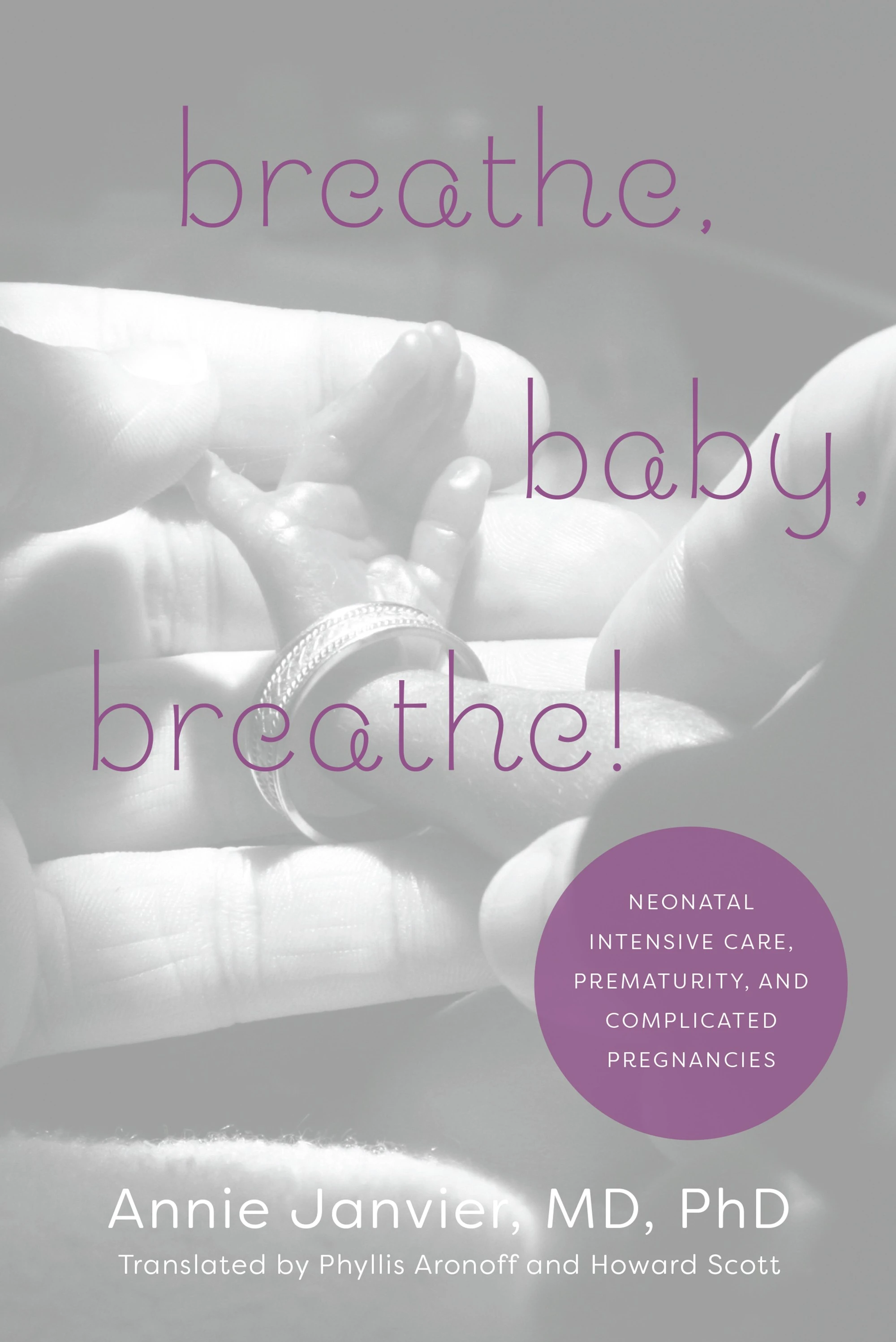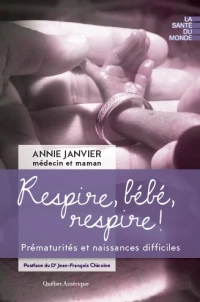Maybe it’s not pHunny at all.
A good quality review article about the use of acid blockade for treating what are sometimes called ‘symptoms of reflux’. Rosen R: Gastroesophageal reflux in infants: More than just a pHenomenon. JAMA Pediatrics 2013.
Although the focus is on infants, not just neonates, the conclusions are I think identical:
1. There is no way to diagnose reflux clinically, None of the scoring systems, nor any individual symptom discriminates between infants with and without reflux.
2. Non-acid reflux is at least as frequent, and as important, or as lacking in importance, as acid reflux
3. Acid suppression worsens non-acid reflux, and is of variable efficacy in suppressing acid.
4. Acid blockade is toxic. It increases infection rates, including chest infections, adn reduces calcium absorption from the diet. A strong shift away from acid-suppression therapy in infants has occurred because of the adverse effects, lack of efficacy, and increase of nonacid reflux burden relative to acid burden.
We hopefully will have the same shift away from acid blockade in neonatology, where there is even less evidence of benefit.
The same review article refers, more briefly, to the use of pro-motility agents:
Unfortunately, all well-studied motility agents have been removed from the market because of adverse effects or carry black box warnings because the risk outweighs the benefit. Cisapride, a serotonin agonist that improved esophageal, gastric, and intestinal motility, has been removed from the market because of fatal cardiac arrhythmias. Metoclopramide hydrochloride, a receptor agonist for dopamine D2 and a serotonin 4 that improves gastric motility and may increase lower esophageal sphincter tone, has a black box warning for irreversible neurologic adverse effects, and all of the major adult and pediatric gastroenterology organizations state that the drug is not recommended because of the potential harm and lackluster efficacy.
The only thing I would change for the newborn is not ‘lackluster efficacy’ but ‘lack of efficacy’!









Acid reflux is a topic of frustration for me. My baby was transitioned from donor milk to preemie formula mixed at 24 cal/oz while in the NICU. Immediately, we saw a difference. She suddenly had very bad reflux. It was dismissed as a “preemie thing” and she was prescribed ranitidine before being sent home. Later, things only grew worse. I voiced my concern and was reminded reflux is a common preemie ailment. She was prescribed an additional reflux medicine. A month later, she was readmitted due to projectile vomiting, food refusal, and severe reflux. The reflux frequently ran out of her nose.
After a GI consult in the hospital, her formula was changed to a fully hydrolyzed protein formula mixed at 24 cal/oz. She improved within a day. Afterwards, she did not need the reflux meds. When she reached a year (actual age), we tried switching to a regular formula. Her reflux returned but not as intense. This time I asked if the reflux could be due to the formula change. Again, I was told “Preemies have reflux” and she was put back on ranitidine. I chose to return to using the hydrolyzed formula and she quickly improved. She currently does not need meds for reflux.
My point is that reflux is a symptom that may have many causes. It is frustrating for it to be dismissed as a preemie thing and have meds thrown at it when there may be other answers. My baby suffered needlessly. I hope doctors will look into the etiology rather than merely treating the symptom. In our baby’s case, the solution was as simple as changing the formula. Medication (and the risks it carried) was unnecessary.
Thanks, that’s an interesting story, there is a recent study using extensively hydrolyzed formula, which showed a reduction in reflux, but no improvement in symptoms. I think the big problem is that babies who are actually regurgitating, and therefore have actual proof of reflux, are often lumped together in studies with babies who have symptoms that may, or may not, be due to reflux. A lot of that second group of babies have symptoms that are not caused by reflux, so treating the acid doesn’t do them any good. I think it is clear that some babies that regurgitate have more serious secondary effects, and may have growth problems as a result, and a few can have esophageal inflammation due to acid which can be unpleasant. We certainly need to do more in this area.
Here is another article I like. It shows acid suppression does exactly what it should do, suppress acid! However, it does very little for reflux, or the symptoms attributed to reflux:
http://www.ncbi.nlm.nih.gov/pubmed/23800403
That is a nice study, from a group who have been very active in the area, ‘all that arches (or cries, or grimaces) is not reflux’